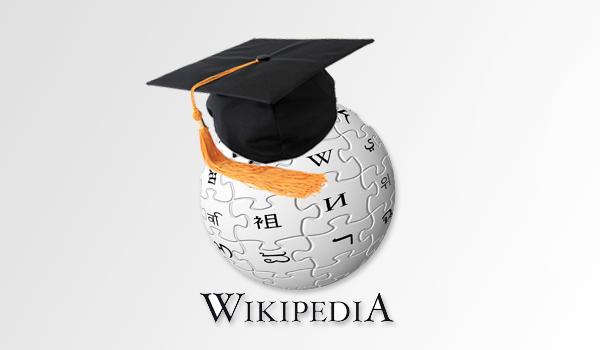Do you trust Wikipedia with your health? Med students aim to make it better
Though it's great for clearing up bar arguments over how many actors have played Batman (seven so far), or finding a list of the world's tallest buildings, Wikipedia is a website that generally doesn't sit well in the world of academia.
But that could soon be changing.
Medical students will soon be able to get course credit for editing Wikipedia articles about diseases in a new effort by the University of California at San Francisco.
The goal of the course is to improve the quality of medical information available for Wikipedia's global audience, said Dr. Amin Azzam, a health sciences associate clinical professor at the university who will be teaching the one-month course in December.
"My hope is that people who choose to seek out medical information online will find that Wikipedia's information is more accurate and written at an appropriate level for the broad public," Azzam said.
The goal of the project is not only about distribution, but about quality and accessibility, he said.
"This is where people are going for information, so I really feel like we should join people where they are — rather than expecting them to come to us in our ivory towers," Azzam said.
He expects that the updated articles will be translated into hundreds of different languages worldwide and made available on cellphones for free through the help of the Wikimedia Foundation.
"Everyone uses Wikipedia," Azzam said. "It's the fifth-most trafficked website on the planet these days and the fact that it is so heavily used speaks to the value of the information that individuals believe they are getting when they go to Wikipedia."
The course is being offered only to fourth-year medical students at the university to ensure the best chance that the information will be accurate. Those students typically spend December traveling to different hospitals to decide where they will complete their residency and in what branch of medicine, so Azzam chose to offer the elective course then.
"It's a travel-friendly elective that allows them to get academic credit while they're literally editing Wikipedia on the plane," he said.
However, the very accessibility that enables the site to be edited and read almost everywhere can also be somewhat of a liability, since the good work of the medical students can be undone by just about anyone who wants to contribute to a topic.
Still, Azzam is hopeful his efforts will spur interest in the medical community around the idea of open-source, accessible medical information and, in turn, keep the pages in good order.
"If the entire health professional community were engaged with this process, we would actually be able to counterbalance some of those inaccuracies because we all, as a profession, are committed to accurate information and helping the health of the public regardless of any efforts at undermining what's there," Azzam said.
